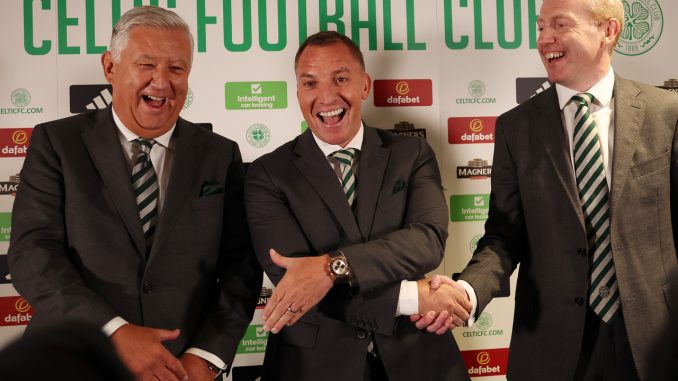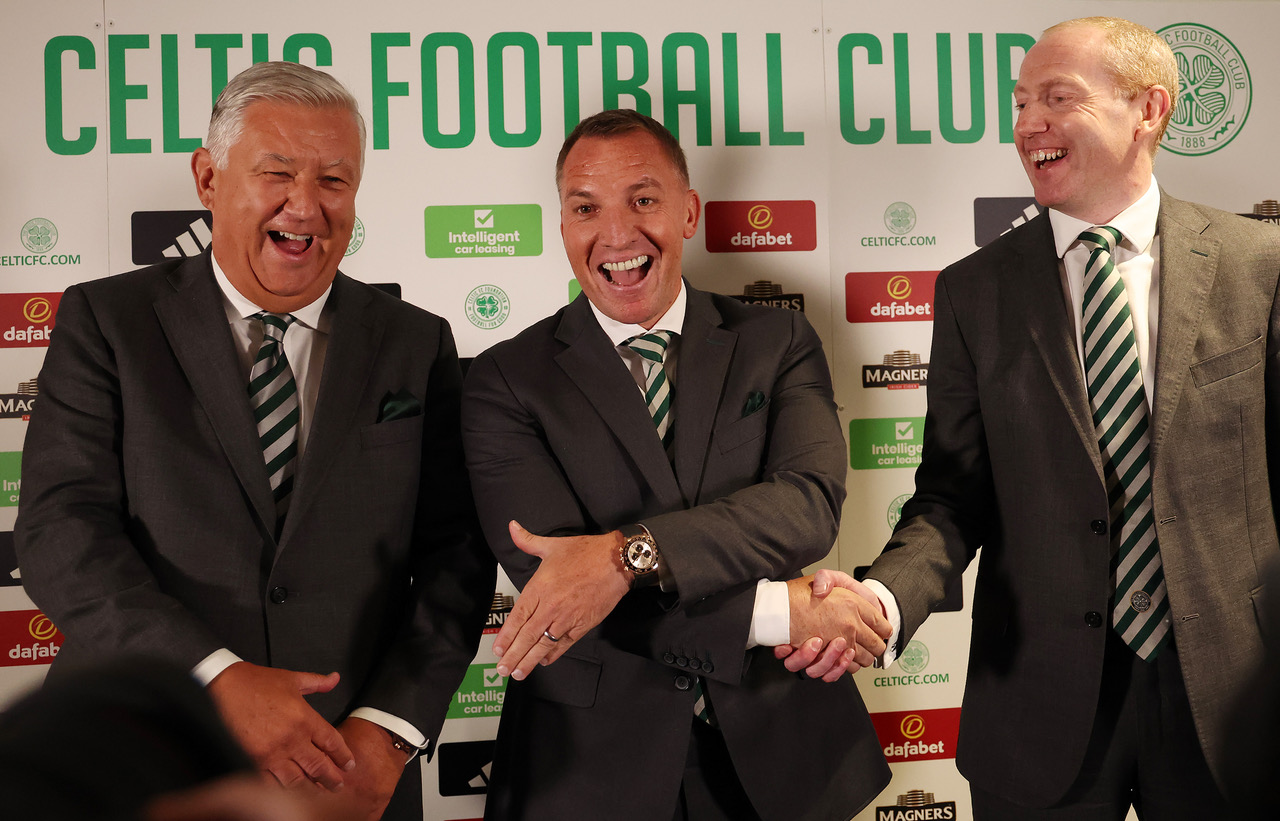
In a weekend that saw Celtic breeze past Livingston with a decisive 3-0 victory, ensuring they remain firmly in the driver’s seat as they head into the highly anticipated Glasgow derby, a subplot emerged via BBC Pundit Tom English. While the team’s performance was a masterclass in maintaining pressure and securing crucial points in the title race, BBC pundit Tom English chose to spotlight a different aspect of the matchday experience.
English expressed his dismay at a fraction of the Celtic support, highlighting an issue that’s long been a contentious point not just for Celtic but for football as a whole. Amidst the celebrations following Celtic’s opening goal against Livingston, a portion of the crowd opted to sing songs with pro-IRA sentiment. English took to his platform to voice his concerns, stating, “Celtic break the deadlock against bottom place Livingston. Celtic fans respond by singing about the IRA…” English wrote on X.
He anticipated the counterarguments with a preemptive, “Cue ‘WHAT ABOUT THEM!!!’”, acknowledging the complexity of the issue and the passionate reactions it incites. However, English stressed the importance of focusing on the broader desire for peace, a sentiment echoed by many, including former members of the IRA themselves. His commentary sought not just to criticise but to reflect on the actions of a minority within the fanbase, questioning the appropriateness of their choice of celebration.
“I know that this is a very small percentage of the overall Celtic support, but that percentage multiplies away from home. Score a goal and celebrate by singing about a war in a place where nearly everybody wants peace, including so many former IRA people”
Exploring why Celtic fans might sing IRA songs is like stepping into a complex blend of history, politics, and identity. It all ties back to a strong sense of kinship with the Irish nationalist movement, a sentiment deeply rooted in Celtic’s origins. When Brother Walfrid founded the club back in 1887, it wasn’t just about football; it was about creating a symbol of Irish Catholic heritage in Scotland.
For a lot of supporters, Celtic is much more than a team—it’s a reflection of their community’s endurance and dreams. Singing these songs is a way for them to embrace and honour their rich Irish identity and remember the fight for independence.
It connects fans to a cause deeply woven into their ancestry. In this context, football matches become more than just games; they’re platforms for showcasing strong communal bonds and historical narratives.
Yet, this tradition is not without its controversies, especially given the painful history of The Troubles and its lasting effects on victims and their communities. While some see the importance of keeping cultural memory and identity alive, the potential of these songs to stir up old conflicts or fuel division is undeniable. Hence, understanding the practice of singing IRA songs at Celtic games is about finding a careful equilibrium—respecting the right to express one’s heritage while also considering the wider consequences for peace and unity in a historically tense region.
The day started with the Green Brigade and Celtic Ultra’s displaying a stadium wide tifo celebrating the Easter Rising.
Copyright © 2025
Leave a Reply